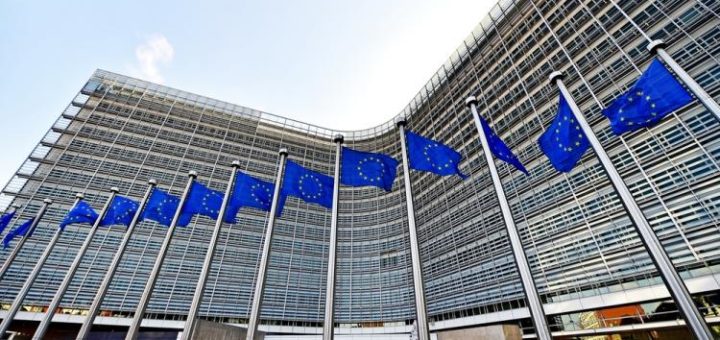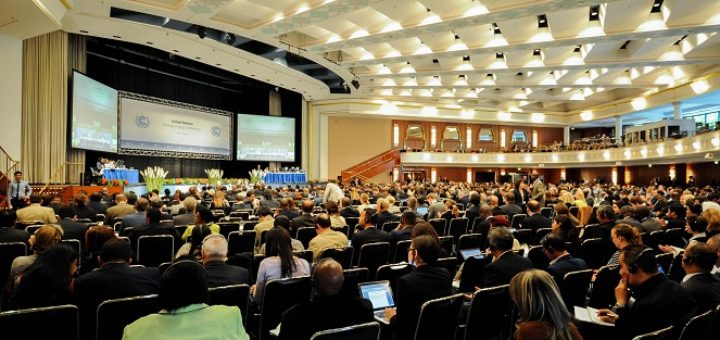CO2 emissions from non-electricity energy uses, e.g., industry, transport, and heating, are the greatest impediment to meeting Paris Agreement ambitions. For 1.5°C temperature increase limit; negative emissions technologies will become a necessity and implies a remaining carbon budget of just 200 billion tons of CO2 until 2100. Compared to the 4,000 billion tons of CO2 that would be emitted until 2100 if current trends continue. Future CO2 emissions must be kept within a finite budget.
Increasing the EU's climate ambitions for 2030 and 2050
Climate change governance requires the involvement from many actors and institutions on various levels, the European Union needs this to mitigate climate change. There are challenges to the EU’s climate governance and leadership regarding policies, interests, and lack of appetite for further integration. The EU can address these challenges internally, by increasing its climate mitigation ambitions, and externally, by reclaiming the mantle of international climate leadership.
The Paris Agreement forms the basis for new international cooperation on climate change mitigation. However, the achievements in Paris do not mean that the UN climate regime is the only regime for climate action and other international legal regimes, climate coalitions and actions by non-Party stakeholders can play a complementary role to the Paris Agreement. Provides an overview of climate action undertaken outside of the UNFCCC context and this trend will likely continue beyond Paris.
In the PATHWAYS project, empirical transition pathways have been compared to ideal-type transition pathways. All analyses use the multi-level perspective (MLP) to explain similarities and differences between the different countries. One of the domains considered is land-based passenger mobility, with empirical transition pathways from the United Kingdom and the Netherlands.
Choices regarding mitigating climate change are associated with a range of risks and uncertainties. By investigating these choices, a broad conceptual framework accounting for exogenous risks, as risks to the implementation of a policy choice, and consequential risks, as risks resulting from an implemented policy, in the areas of political, regulatory, social, economic, and environmental risks was developed.
Policymakers and stakeholders need a manageable tool to reduce the complexity of different design options. The EU-funded POLIMP project has provided a practical criteria matrix to assist policy makers and relevant decision-makers in evaluating and comparing different proposals for the 2015 Agreement. Several important results of the analysis of Parties’ submissions are given.
Renewable energy implementation has advantages but requires the harmonisation of the EU support scheme for renewable energy support policies that may eventually improve policy performance. In addition, cost-effective renewable energy policies require the involvement of all participating actors in the decision processes regarding modifications of support schemes.







